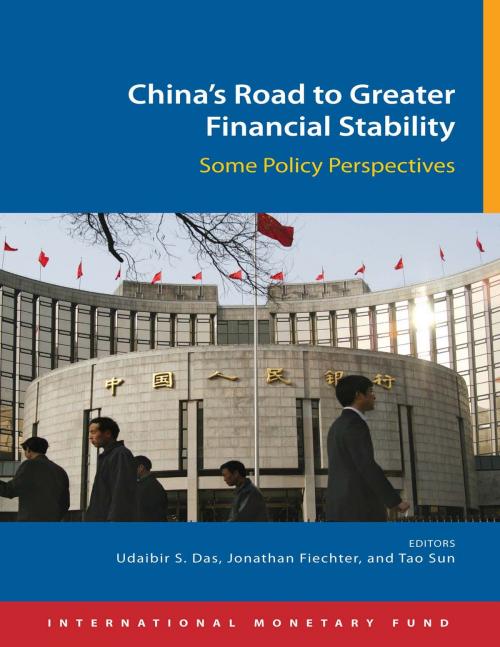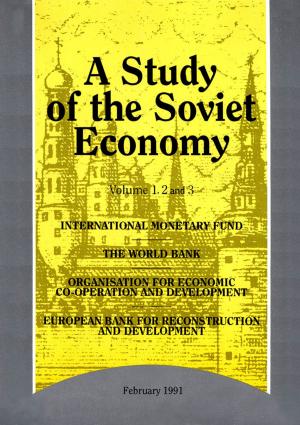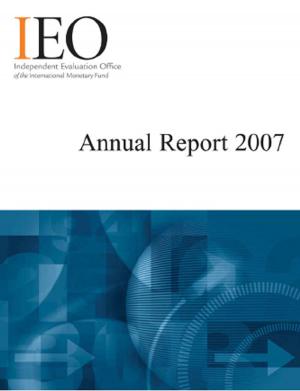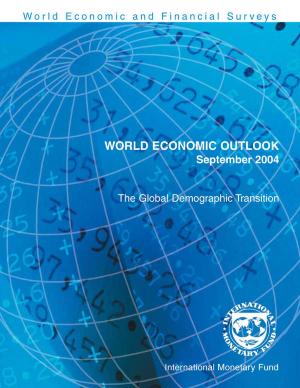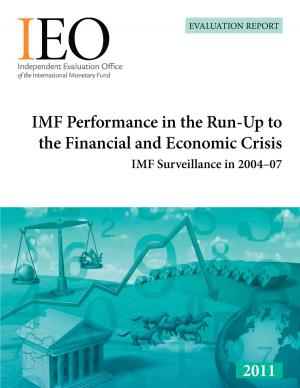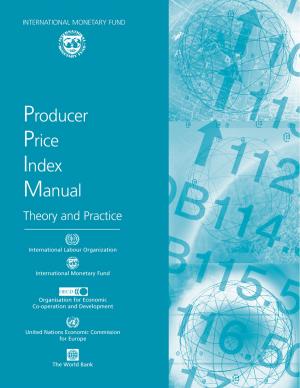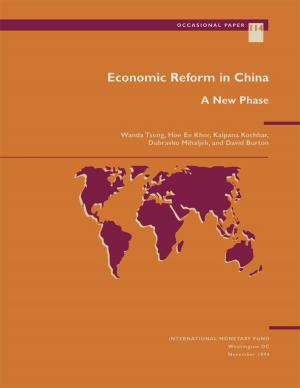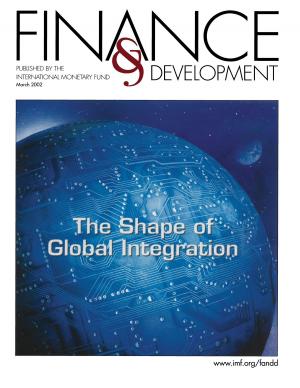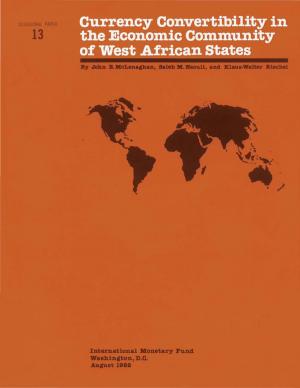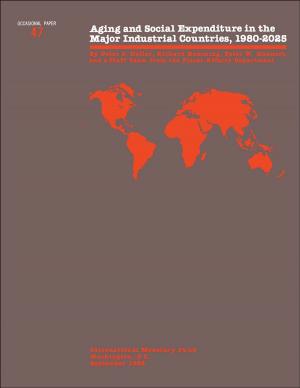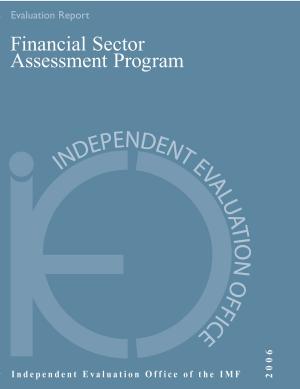China's Road to Greater Financial Stability: Some Policy Perspectives
Business & Finance, Economics, Public Finance, Finance & Investing, Banks & Banking, Macroeconomics| Author: | Udaibir S. Mr. Das, Jonathan Fiechter, Tao Sun | ISBN: | 9781484315347 |
| Publisher: | INTERNATIONAL MONETARY FUND | Publication: | August 23, 2013 |
| Imprint: | INTERNATIONAL MONETARY FUND | Language: | English |
| Author: | Udaibir S. Mr. Das, Jonathan Fiechter, Tao Sun |
| ISBN: | 9781484315347 |
| Publisher: | INTERNATIONAL MONETARY FUND |
| Publication: | August 23, 2013 |
| Imprint: | INTERNATIONAL MONETARY FUND |
| Language: | English |
China has reached a stage where further financial sector reforms appear essential. As the reform process progresses and macrofinancial linkages deepen, the preservation of financial stability will become a major policy preoccupation. China is already working toward enhancing its surveillance and monitoring capabilities and is actively determining ways to undertake a series of reforms that would lay the foundation for a strong, sustained, and balanced growth. "Chinas Road to Economic Stability" focuses on the key financial policy issues facing China today. The volume draws upon contributions from senior Chinese authorities and academics, as well as staff from the IMF to discuss the financial policy context within China, macroeconomic factors affecting financial stability, and the critical role of financial system oversight. It seeks to improve the understanding of the financial sector policy processes underway and the shifts taking place among Chinas economic priorities. The book also covers issues such as the financial stability framework, systemic linkages, liquidity management, risk and vulnerability analysis, and sequencing financial reforms. The book is a must read for academics, researchers, and stakeholders interested in China and the shifts taking place in the manner in which China views its financial sector policies and oversees the stability of the financial system.
China has reached a stage where further financial sector reforms appear essential. As the reform process progresses and macrofinancial linkages deepen, the preservation of financial stability will become a major policy preoccupation. China is already working toward enhancing its surveillance and monitoring capabilities and is actively determining ways to undertake a series of reforms that would lay the foundation for a strong, sustained, and balanced growth. "Chinas Road to Economic Stability" focuses on the key financial policy issues facing China today. The volume draws upon contributions from senior Chinese authorities and academics, as well as staff from the IMF to discuss the financial policy context within China, macroeconomic factors affecting financial stability, and the critical role of financial system oversight. It seeks to improve the understanding of the financial sector policy processes underway and the shifts taking place among Chinas economic priorities. The book also covers issues such as the financial stability framework, systemic linkages, liquidity management, risk and vulnerability analysis, and sequencing financial reforms. The book is a must read for academics, researchers, and stakeholders interested in China and the shifts taking place in the manner in which China views its financial sector policies and oversees the stability of the financial system.
